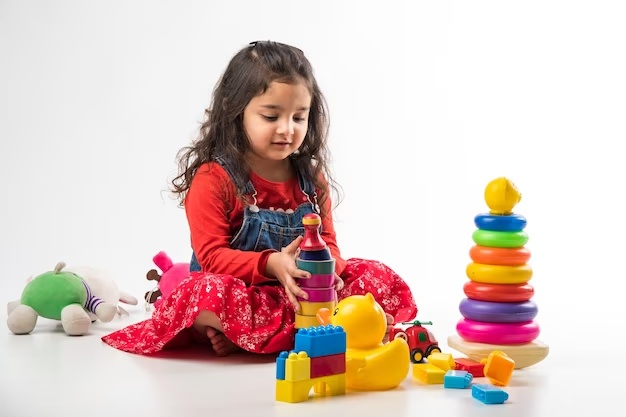

Feb, 2023
When you strengthen self-confidence and self-esteem in students, you equip them with critical skills they require to succeed socially and academically. It is terribly common to search that students who have specific learning difficulties, physical impairments and motor skills difficulties experience a lack of confidence in the classroom. The significance of self-confidence in students should not be underestimated. A healthy insight of self-confidence is expected for your students to improve social skills, become more flexible and encompass their full perspective inside and outside the classroom. If you are wondering how to boost self-confidence and self-esteem in students, then here we mention the strategies to help boost student’s self-confidence and self-esteem in the classroom.
Self-confidence is a feeling of trust in one’s qualities, judgment and abilities. Its open doors and motivates students to take risks, express their creativity in classroom assignments and invest in the work they produce at school. A healthy sense of self-confidence is all about having a balanced view of yourself taking pride in your abilities when recognizing your flaws. The students with a finest insight of self-confidence are proficient of feeling good about themselves and know that they deserve respect from others. Self-esteem is something that can build or diminish over time, as several factors come into play.
Confidence level in students is an essential factor in educational success. Because most of the students are facing bullying and harassment, confidence in students can face, and when this happens, grades frequently suffer. Confidence in students is essential for their success. The amount of self-confidence a student possesses will affect their educational objectives. One of the best ways to boost confidence is to engage students in several self-esteem activities for students. By enhancing self-esteem in students, the students who may come from a less than desirable home setting can learn skills that motivates a sense of community and respect.
The students who are regularly praised and motivates for their efforts and performance at their home and at classrooms are believed to have a high level of self-confidence, which then inspires students to try harder and get more. Students who are frequently criticized and scorned basically have low self-esteem and are more likely to give up easily and achieve less in their life.
It is vital to create realistic expectations, be realistic about what students can accomplish. When it would be perfect to see every student make achievements high above the norm, it is only not attainable for some students. Setting objectives that are manageable and reasonable for students can assist then see how much they have developed. Try to differentiate your teaching and create objectives that showcase every student in the classroom.
Communication is most crucial like skills that each and every individual must have in their life, also help to boost self-confidence and self-esteem in students. It is essential to make students learn how to communicate because it will assist them in feeling more secure and confident. This will more probably permit students to share their issues with you. While students talk about their problem, the teachers and parents must take it seriously even if they consider it no big deal. Discussing the student’s problems openly with then and motivating than to consider possible solutions, assist in enlarging their confidence.
It is also vital to boost self-confidence and self-esteem in students. Not each and every student is perfect, so mistakes are inexorable. The students with low confidence may concentrate on their failures and not see the progress that they have made. For students use failure and mistakes as teaching moments. Remind the students that they are not determined by their weaknesses and encourage them to keep progressing ahead in their studies.
Teachers and even parents should offer a student’s the right opportunity to learn and master new skills. For instance, motivating the students to dress, tie their shoelace, after eating put their plate away or learn to read a new book will also assist them in achieving confidence. All these skills also offer them a sense of accomplishing something, and it will make them feel successful. The basic goals will set them up to get bigger and more complex goals because they get older.
The students who have trouble developing self-discipline also have more hassle developing resilience and self-esteem. These kinds of students act before they think and frequently express opposition to limits, structure and rules. To enlarge the understanding of the requirement for rules and motivation to follow them comprise students in the method of establishing the classroom rules.
Each and every student have their own sets of unique strengths, needs and talents. Most of the students will have strengths where others do not and do not treat them as a homogenous group. Differentiated learning can assist students in identifying how they learn best. Take notice of the unique strengths and learning styles your students have, and create a classroom ambiance that motivates the unique abilities of students.
Back to All Educational Tips and Tricks, Articles, Resources
Share This: